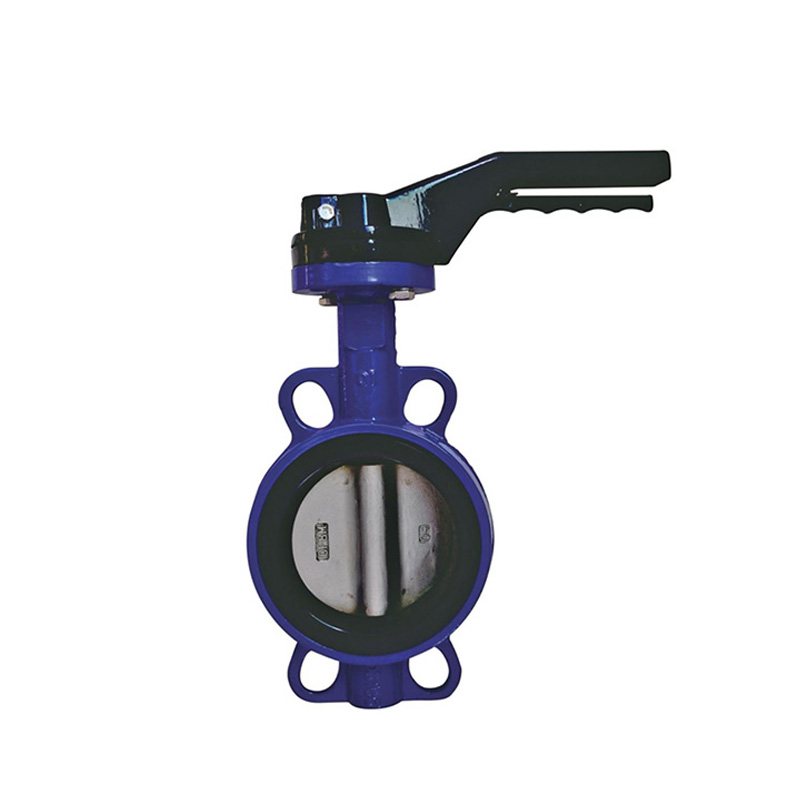11-р сар . 06, 2024 04:18 Back to list
Understanding the Basics of Copper Wire and Cable Applications and Benefits
The Importance of Copper Wire and Cable in Modern Industries
Copper wire and cable are foundational components in various industries, serving critical roles in electrical systems, telecommunications, and construction. The unique properties of copper make it the metal of choice for wiring, ensuring efficient conductivity, durability, and versatility. As we delve into the significance of copper wire and cable, we will explore their applications, advantages, and the future of copper in an evolving technological landscape.
Applications of Copper Wire and Cable
Copper wire and cable find extensive use across multiple sectors. In the electrical industry, they are essential for power transmission and distribution networks. High-voltage overhead power lines and underground cables rely on copper's excellent conductivity to reduce energy losses during transmission. Moreover, residential and commercial buildings utilize copper wiring for lighting, heating, and appliances, ensuring that electricity is safely and efficiently distributed.
In telecommunications, copper cables have been historically significant, providing the backbone for telephone networks and internet services. Though fiber optics are gaining prevalence, copper remains crucial in connecting homes and businesses to broader networks due to its existing infrastructure and ability to transmit data over reasonable distances.
The automotive sector also benefits from copper wiring, where it is employed in electrical systems, including ignition, lighting, and electronic control units. As vehicles become increasingly electrified, the demand for copper in electric vehicles (EVs) is surging, with these vehicles requiring up to four times more copper than traditional combustion engine vehicles.
Advantages of Copper Wire and Cable
One of the standout advantages of copper wire and cable lies in their conductivity. Copper boasts the ability to conduct electricity more efficiently than most metals, allowing for smaller gauge wires to carry the same load without overheating. This attribute is crucial for minimizing energy losses and ensuring the safety of electrical installations.
copper wire and cable

In addition to conductivity, copper is highly resistant to corrosion and oxidation, giving it a significant advantage in outdoor and industrial applications. This durability extends the lifespan of electrical systems and reduces maintenance costs associated with cable replacement.
Flexibility is another noteworthy property of copper wire. It can be drawn into thin strands and easily twisted or bent without breaking, making it ideal for various applications where routing and installation can be challenging. From the intricate wiring in electronics to the robust cables used in construction, copper adapts to a multitude of scenarios.
The Future of Copper in Technology
As technology continues to advance, the demand for copper wire and cable is not expected to wan, and several trends are driving this need. First, the rise of renewable energy sources—such as solar and wind power—relies on copper for connecting and transmitting electricity from generation sites to consumers. The shift toward decarbonization and sustainable energy infrastructures presents a growing market for copper wires and cables.
Furthermore, the proliferation of the Internet of Things (IoT) and smart technologies in homes and industries further emphasizes the demand for copper wiring. As more devices become interconnected, reliable, high-performance wiring becomes increasingly essential.
Yet, the copper industry faces challenges, notably in the context of sustainability and resource management. As environmental consciousness rises, manufacturers are encouraged to adopt practices that minimize the ecological footprint of copper production. This includes recycling copper for new uses—a practice that not only conserves resources but also reduces energy consumption compared to mining new copper.
Conclusion
In conclusion, copper wire and cable remain integral to contemporary applications across various industries. Their excellent electrical conductivity, resistance to corrosion, and flexibility make them a preferred choice for electrical installations, telecommunications, and automotive systems. As we move toward a more technologically advanced and sustainable future, the demand for copper is likely to escalate. Therefore, investing in copper technology, enhancing recycling efforts, and exploring innovative applications will ensure that this vital resource continues to contribute to global progress and connectivity. With its enduring properties and applications, copper stands as a vital pillar in the infrastructure of modern society.
Share